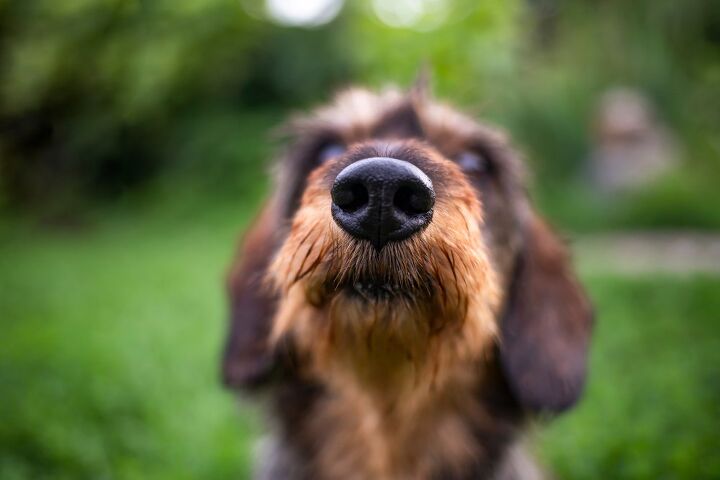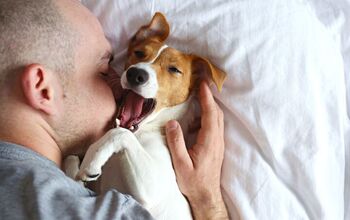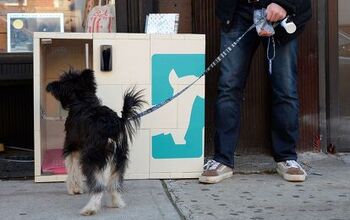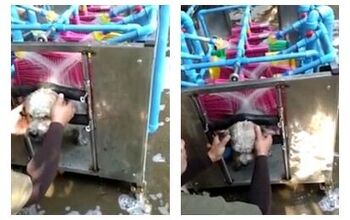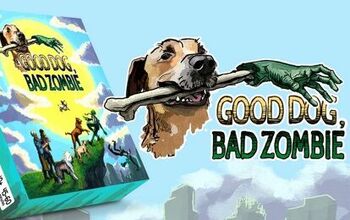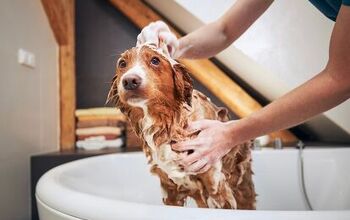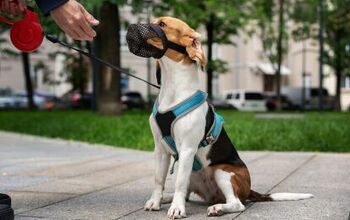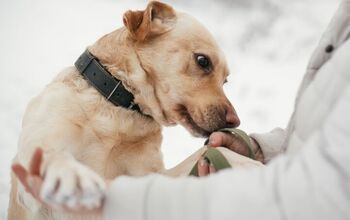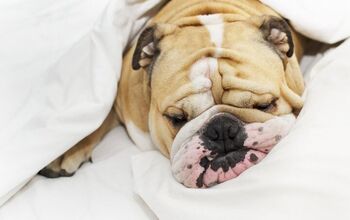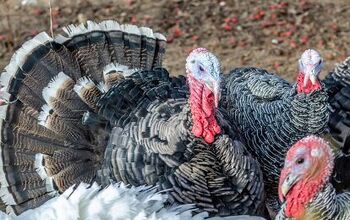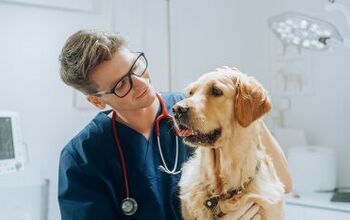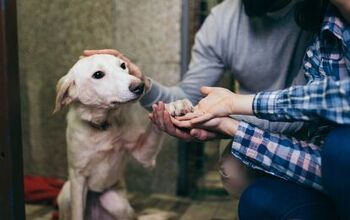Is A Wet Dog's Nose Good or Bad?

A dog’s nose is their tool for discovering the world around them through scent, but dog noses are important for much more than sniffing – the state of your pet’s nose can sometimes be indicative of their health. It can be dry and flaky or wet and soft, so what is better? Is a dry nose a bad sign? Or a wet one? Or are they both normal? These are the questions that are often proving to be troubling for dog owners. So let’s try and answer them once and for all!
Is A Wet Dog's Nose Good or Bad?
A wet dog's nose is usually a sign of good health. Most often, the nose is wet because the doggo is licking it! They do this frequently in order to keep them clean and to enhance their sense of smell. In fact, a moist nose helps them trap scent particles more effectively. The moisture on their nose captures scent molecules from the air, allowing them to better identify and track smells. This ability is crucial for tasks such as hunting, tracking, and even detecting certain medical conditions in humans.
As a result, many enrichment toys play on the fact that noses are so important to a dog's instincts – sniffing kits and toys are fantastic tools for engaging a dog and helping young and active pooches burn off excess energy as well as helping seniors keep their minds sharp in their golden years. After all, remember that a dog’s sense of smell is many thousand times stronger than our own! So, while wetting their nose is an instinctual behavior for dogs, this isn’t the only reason they do it.
There is also a thing called thermoregulation. Because canines don't sweat like we do, they instead regulate their body temperature primarily through panting and through the evaporation of moisture from their noses and paw pads. A wet nose thus helps with this process by allowing for efficient evaporative cooling. When a dog is overheated, the moisture on its nose can evaporate, helping to dissipate excess heat and regulate its body temperature.
Of course, there are times when your dog’s nose can tell you a bit more about their health. For example, if a dog's nose becomes excessively dry or develops discharge, it could be a sign of illness or dehydration and should be checked by a veterinarian. This is especially true if your dog’s nose is dry for a long time and is cracked. On the other hand, excessive nasal discharge and a nose that is visibly “too wet” could be a sign of allergies, infections, or other health problems that require veterinary attention.
Ultimately, if you are concerned by your dog’s wet nose, don’t hesitate to visit a veterinarian. It all boils down to the levels of discharge, and the type of wetness on the nose itself. For example, nasal discharge that is clear is totally normal. But if it turns to green or yellow mucus, it is a sign of something wrong. Infections, obstructions, and nasal issues can all be possible. The same goes for mucus that is tinged with blood. All this requires the immediate care of a vet.
If you notice that your pet’s nose is getting dry but they are healthy and acting normal, it is likely that there is no reason for worry. In such cases, a dog nose balm can be really helpful. This is especially handy during chilly winter months when sensitive noses are more prone to dryness.

A proud mama to seven dogs and ten cats, Angela spends her days writing for her fellow pet parents and pampering her furballs, all of whom are rescues. When she's not gushing over her adorable cats or playing with her dogs, she can be found curled up with a good fantasy book.
More by Angela Vuckovic



